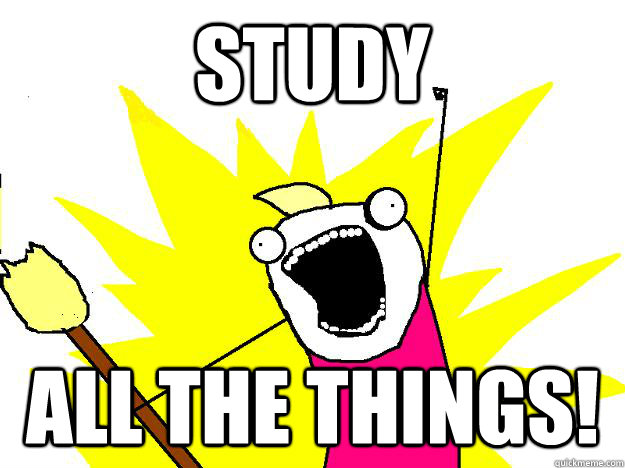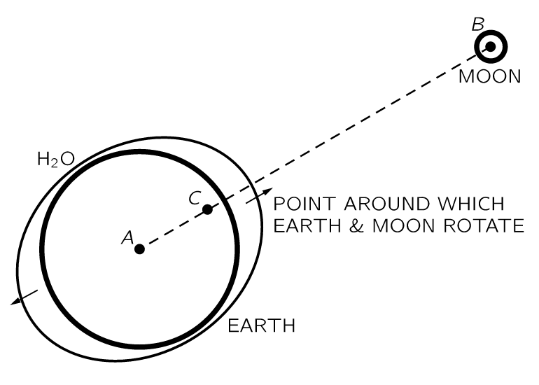October 17: Bucket o' Links, "Back on the Wagon" Edition
Well, I said I was going to do this as a regular thing, and then did only two before stopping. So here's an attempt to un-stop. It's a day late, but that's better than never, right?

According to a Harvard FAS report (as reported in the Crimson), there are now more students at Harvard studying "Engineering and Applied Sciences" than "Arts and Humanities". But fear not that we're losing our liberal-arts soul; there are still half again as many students in NatSci than SEAS, and more students studying Social Sciences than SEAS and NatSci put together.
personal disclosure: As a student jointly in Computer Science and Math, I'm counted as one tally-mark each in SEAS and NatSci, over my strenuous objections that "the science of computation" is as much an 'applied' science as is "the science of arithmetic". But that's a topic for another day.
One of the awesome benefits of the House System at Harvard (think kind of like Hogwarts's house system, except the Sorting Hat is a random-number generator, and it happens after your freshman year, rather than on entry) is that I've gotten to eat dinner a few times with Doug Melton, of recent "giant leap foward in the quest to find a truly efective treatment for type 1 diabetes" fame, but who's also been in the TIME 100 two times. He's a fantastic guy, and Eliot House is lucky to have him as House Master. For that matter, the world is lucky to have him as scientist, as well.

Relatedly, there's not enough research funding to go around. The Director of the National Institutes of Health went






